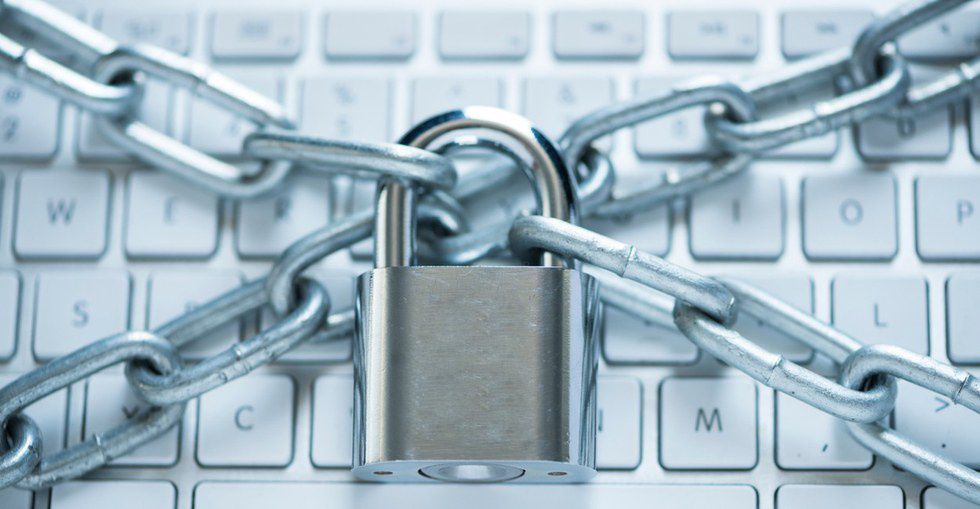There's nothing that the Internet loves more than controversy. YouTube recently brought a new point of contention among its community with new policies. Roughly a month ago, popular YouTubers began to express outrage at YouTube's increased activity of de-monetizing videos that were not deemed to be "advertiser-friendly.” The main complaint from video-makers stemmed from the fact that many of the videos being flagged did not contain any offensive content. In addition, YouTubers that make their living off of that platform suffered from a potentially massive loss of revenue once their videos lost advertising. YouTube's guidelines for videos that can have ads attached to them prohibit content that contains: "Sexually suggestive content, violence, vulgar language, or the promotion of drugs,” all of which makes sense. However, another rule that forbids, "controversial or sensitive subjects and events, including subjects related to war, political conflicts, natural disasters and tragedies, even if graphic imagery is not shown" is extremely vague and leaves the ability for YouTube to de-monetize videos from news sources or any channels that typically deal in those types of content completely open.
YouTube personalities took to the Internet to cry out about the apparent censorship, however, the policy does not take down the videos entirely, merely restricting the ability for the video to make money. Also, while YouTube is a private company, they are completely within their rights to demonetize the videos of the practice of placing ads on specific content affects their business. It’s admittedly a terrible business practice for building relationships with their content creators, but when YouTube is serving as the platform for their speech, it's in their best interest to protect it and remove threats to their ability to reach their full demographic. The most troubling aspect of the whole thing is one that may prove to be inconsequential. Ever since the surge in activity of videos from popular channels being demonetized, it's quieted down over the past few weeks. However, it does seem that it leaves YouTube with an opportunity to force specific creators off of their platform if they choose to. If a YouTuber isn't able to pay the bills with their videos, the content will slowly cease to exist. In theory, it's a slow yet efficient way to silence the opinions of creators that you disagree with, or a manner of catering to a very specific demographic. With YouTube unveiling a new system for members of its community called “YouTube Heroes,” normal community members can gain the ability to mass-flag videos for offensive content. The obvious problem with this system is that it’s very likely that it will be abused. So far, it's hard to say whether or not this system will be checked by a higher authority system, or if all videos on the platform will be vulnerable to the judgment of people that can possibly flag a video merely because they disagree with it.
If anything, this whole debacle seems to indicate that a new, less restrictive platform may be needed. When YouTube originated in 2005, it was viewed as a way to share content across the world in an easy accessible way. The de-centralization of media attracted people to the medium but now it's extremely disheartening to load up the front page of YouTube and see click bait titles, disguised ads, and not a trace of original content. The top viewed video is often just a clip from The Tonight Show. The website that was supposed to be the way to bypass the corporations has become the gateway to accessing their content. YouTube is one example of how the Internet was supposed to be "the people's medium" but slowly gave way to the influx of money by bigger business looking to secure their own corners of the web and bombard us with new ways to spend money. It may be that if YouTube goes down a darker path that we can bring it back. But looking at the current state of things, do we really want to save it? Or is it in our best interest to move to a platform that can provide us with an experience closer to what we deserve?






















 sunrise
StableDiffusion
sunrise
StableDiffusion
 bonfire friends
StableDiffusion
bonfire friends
StableDiffusion
 sadness
StableDiffusion
sadness
StableDiffusion

 purple skies
StableDiffusion
purple skies
StableDiffusion

 true love
StableDiffusion
true love
StableDiffusion
 My Cheerleader
StableDiffusion
My Cheerleader
StableDiffusion
 womans transformation to happiness and love
StableDiffusion
womans transformation to happiness and love
StableDiffusion
 future life together of adventures
StableDiffusion
future life together of adventures
StableDiffusion





















